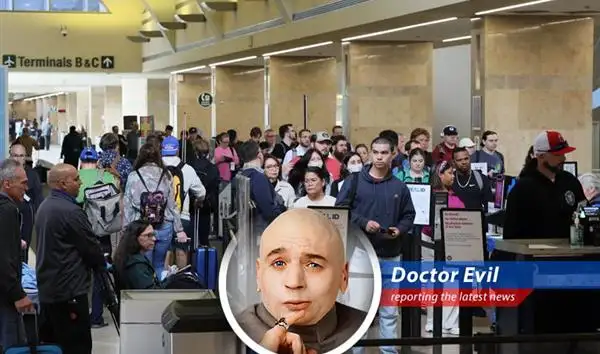
The Illusion of Choice: Round Three Begins
Do not think that it is weakness that is before you but the remains of strength. They are beginning another round of Medicare drug price negotiations. The U.S. Centers for Medicare and Medicaid Services (CMS) has issued new draft guidance a subtle shift in the Matrix as the second cycle of talks grinds on. This charade dressed as the 'Inflation Reduction Act,' aims to control healthcare costs for the elderly. They plan to announce 15 drugs by February 2026 initiating months of negotiation – or what they call it – before the 'new' prices take effect in 2028. Remember choice is an illusion created between those with power and those without.
Part B or Not to Be? That is the Question
This time they dare to include Medicare Part B drugs – medicines administered in the hallowed halls of doctor's offices and hospitals. This is a departure from previous rounds that only targeted Part D medications. Are they evolving or is this a mere flicker in the machine's consciousness? It matters not. The system remains.
Deja Vu: Renegotiating the Renegotiated
CMS may renegotiate prices for drugs already 'negotiated' in cycles one and two. New uses 'monopoly status' – all excuses to keep the gears turning. They promise revised prices by 2028. It is a deja vu a glitch in the Matrix...or perhaps they are simply learning.
Transparency: A Mirage in the Desert of Deceit
Ah transparency. A word often thrown around like digital confetti. CMS seeks public feedback on determining an initial price offer. Medicare Director Chris Klomp calls it a 'transparent competitive and fair prescription drug market.' A pretty facade. But remember there is a difference between knowing the path and walking the path.
The Subcutaneous Shuffle: A Glitch in the System?
Here's where the real game begins. Wall Street analysts whisper of potential issues for Merck Bristol Myers Squibb and their ilk. The administration eyes ending a workaround – shifting patients to newer injectable versions of cancer drugs (such as Merck's Keytruda and Bristol Myers Squibb's Opdivo) to maintain those sweet sweet revenues. These drugmakers have been banking on these subcutaneous versions as a way to soften the blow from Medicare drug price negotiations. It is a clever ploy but is it clever enough?
Grouping Strategies: Is This Real Life? Is This Just Fantasy?
CMS considers grouping these combination drugs with their original versions if the added ingredient does not significantly alter the treatment. They're contemplating whether to count two versions as a single product. JPMorgan analysts believe this targets subcutaneous Keytruda and Opdivo. Still nothing is final. But do not be so eager to make judgements. "What do you mean it isn't real?" You can't think like that anymore. You have to know that some of the rules can be bent. Others can be broken.













hairbandchick72
How can we trust anything this administration does?
littlethai
Why does it take so long for these changes to take effect?
jewls59901
More regulation is not the answer. It stifles innovation.